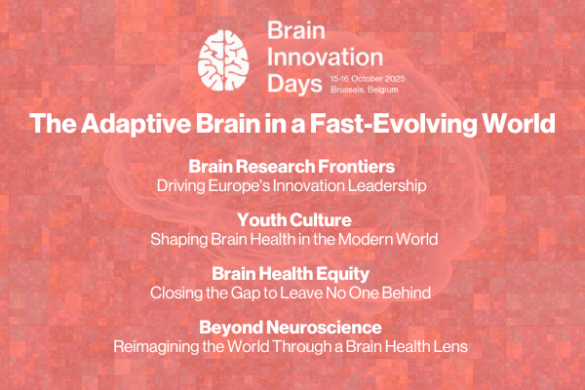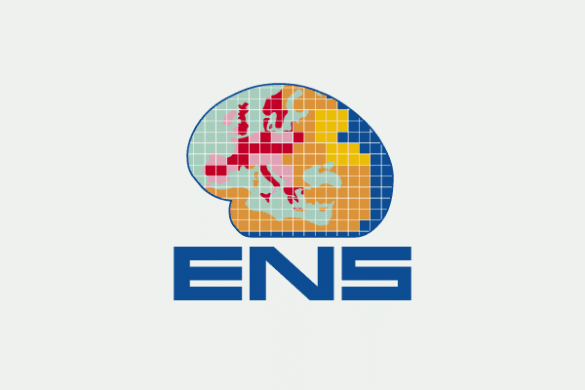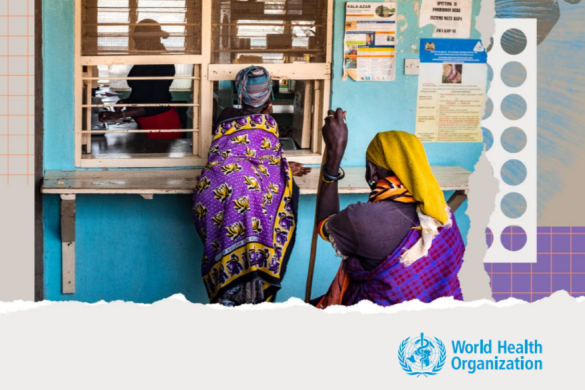EMA has recommended granting a marketing authorisation in the European Union for the first treatment that can be given orally to patients with certain types of spinal muscular atrophy (SMA), a rare and often fatal genetic disease that causes muscle weakness and progressive loss of movement.
Evrysdi is indicated for the treatment of 5q SMA in patients 2 months of age and older, with a clinical diagnosis of Type 1, Type 2 or Type 3 SMA or with one to four SMN2 copies.
Spinal muscular atrophy is an inherited disease usually diagnosed in the first year of life that affects the motor neurons (neurons from the brain and spinal cord that control muscle movements). Patients with the disease lack a protein called ‘survival motor neuron’ (SMN), which causes the motor neurons to deteriorate and eventually die. This is a long-term debilitating and life-threatening disease because it causes breathing problems and muscle wasting that worsens over time.
The SMN protein can be made by two genes, SMN1 and SMN2. Patients with spinal muscular atrophy lack a working SMN1 gene but have at least one copy of the SMN2 gene, which mostly produces a short SMN protein that does not work as well as a full-length protein.
Risdiplam, the active substance of Evrysdi, has shown that it can enable the SMN2 gene to produce a full-length SMN protein, which is able to work normally. This is expected to increase survival of motor neurons and reduce symptoms of the disease.
Although a number of treatment options have become available over recent years, they all require frequent clinic visits or invasive procedures. During the COVID-19 pandemic these treatments have become more difficult to access due to measures to promote physical distancing and changes in hospital priorities that have postponed elective procedures.
New therapies with easier routes of administration are needed to help patients with this life-long chronic disease to adhere to their treatment and get the full benefit from it.
Evrysdi has been developed as a non-invasive oral treatment that can be used at home. It was accepted into PRIME, a support scheme EMA developed for promising new medicines that address an unmet medical need. Representatives of patient organisations were also consulted during the assessment of benefits and risks of Evrysdi to bring their unique real-life perspective and ensure that patients’ needs are taken into account in the regulatory decision-making process. EMA’s human medicines committee (CHMP) reviewed the application for marketing authorisation under an accelerated timetable to enable faster patient access to this medicine.
EMA’s recommendation is based on two clinical studies, one investigating the effects of Evrysdi on patients with infantile-onset SMA and the other on later-onset SMA.
The results from the trials show beneficial effects in very young patients in terms of their motor development and survival at 12 months, compared to data on the natural course of the disease in these patients. The positive effect in later-onset SMA (Type 2 and 3) has been demonstrated in a double-blind placebo-controlled trial, including patients between 2 and 25 years of age.
As part of its recommendation for marketing authorisation, the CHMP requested that the company performs a post-authorisation efficacy study (PAES): a long-term prospective, observational study to further evaluate disease progression in SMA patients (both pre-symptomatic and symptomatic) with 1 to 4 SMN2 copies treated with risdiplam, in comparison to natural history data in untreated patients.
The main adverse reactions observed in trials were headaches, mouth ulcerations and aphthous ulcers, urinary tract infections including cystitis, arthralgia nausea, pyrexia, and dizziness/vertigo.
As for all medicines, a risk management plan (RMP) will ensure rigorous safety monitoring of the medicine once authorised across the EU. Further efficacy and safety data will be collected through on-going studies and post-marketing reports and will be regularly reviewed by the CHMP and EMA’s safety committee (PRAC).
The opinion adopted by the CHMP is an intermediary step on Evrysdi’s path to patient access. The opinion will now be sent to the European Commission for the adoption of a decision on an EU-wide marketing authorisation. Once a marketing authorisation has been granted, decisions about price and reimbursement will take place at the level of each Member State, taking into account the potential role/use of this medicine in the context of the national health system of that country. This press release and related content have been published here.













